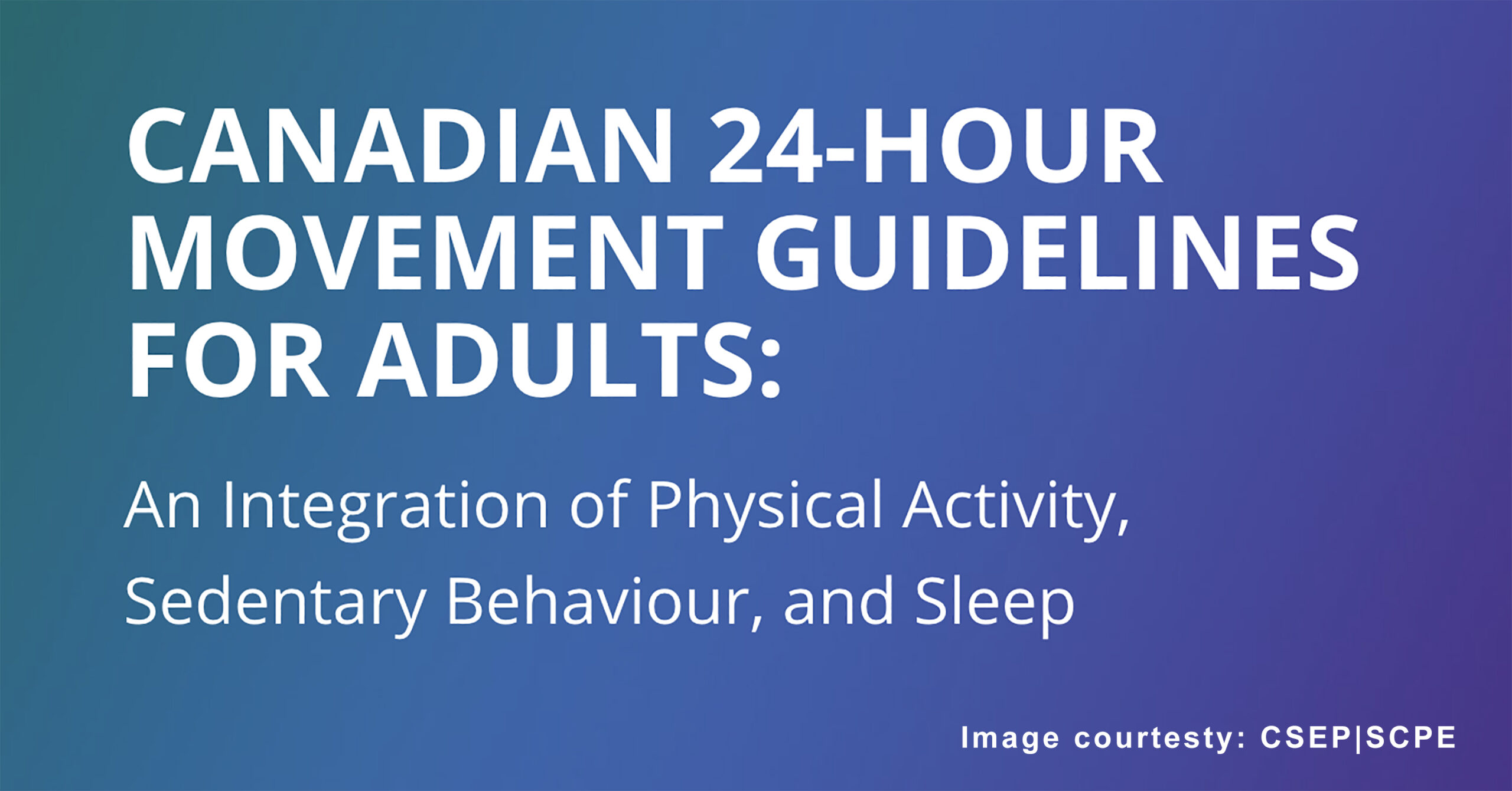It seems simple enough. To stay healthy and keep off extra weight, adults need to eat a nutritious diet and move more throughout the day. But despite widespread acknowledgment of the importance of physical activity for overall well-being, more adults are engaging in sedentary activities that can contribute to an increased risk for chronic health problems.
According to the Canadian Society for Exercise Physiology, the Canadian 24-Hour Movement Guidelines help support a healthy lifestyle by offering guidance on the optimal amount of physical activity, sedentary behavior and sleep people of all ages should strive for each day.
The guidelines for adults over the age of 65 don’t focus on just one area relating to movement but rather integrates moving more, reducing sedentary time, and sleeping well. By taking small steps to replace sitting with light physical activity and boosting light activity with periods of more moderate to vigorous activity, older adults can enjoy many health benefits. Combined with enough quality sleep, moving more can help lower the risk of death, cardiovascular disease, type 2 diabetes, weight gain, some cancers, and improve bone health.
More physical activity is not only good for physical health, moving more, especially with outdoor pursuits, can improve mood and cognition, reduce anxiety and depression while enhancing quality of life. Participating in a wide variety of activities like walking, gardening, cleaning, cycling, or playing sports while limiting long periods of sitting also helps older adults maintain muscle strength and balance to help prevent falls, a leading cause of injury and loss of independence.
Snapshot of a Healthy 24 Hours:
- At least 150 minutes each week of moderate to vigorous aerobic physical activity
- Muscle-strengthening activities using major muscle groups at least twice a week
- Physical activities that challenge balance
- Several additional hours of light physical activities; including standing
- Limit sedentary time to less than 8 hours
- Get up and move at least every 30 minutes
- Limit recreational screen time to 3 hours or less each day
- Get 7 to 8 hours of high-quality sleep each night by practicing good sleep hygiene (regular sleep and wake times, a nightly routine and a cool, dark, quiet environment).
Learn more about how to take small steps today towards a healthier future by following this link to the CSEP website.






Add Your Voice
0 Comments
Join the Discussion